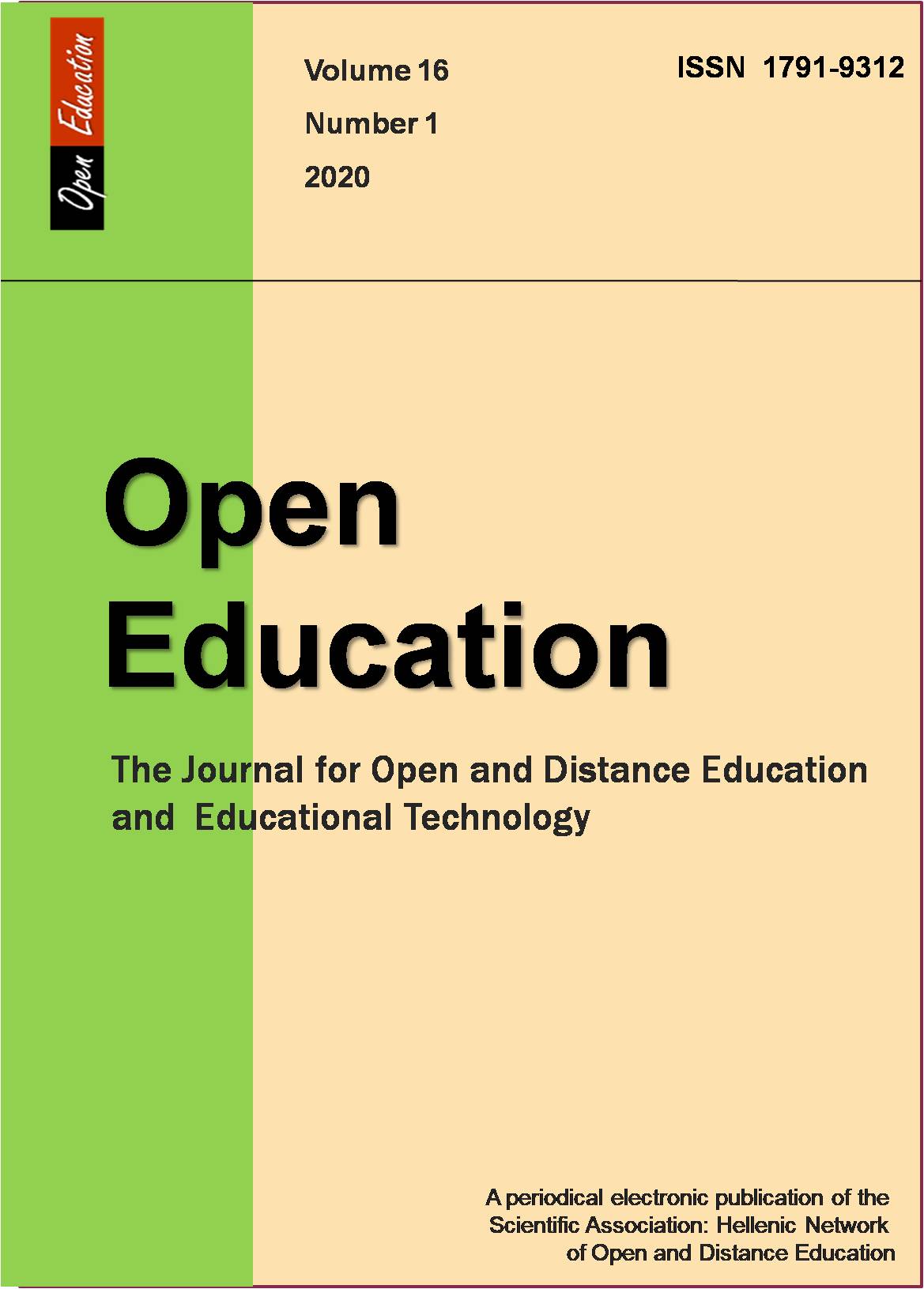Teaching through written assignments in the Open University: an approach to the “voice” of postgraduate students on Instructional Discourse

Abstract
This paper aims to approach and analyse students’ views on educational work that is carried out through the preparation of and feedback on written assignments, which constitute a fundamental element of the Open University teaching procedure, by making use of the concepts of instructional discourse and regulative discourse from Basil Bernstein’s theory, as well as the concept of institutional habitus. The research data were collected through semi-structured interviews with a sample of postgraduate students who were following the “Open Distance Learning” Module with the Hellenic Open University (HOU). The research findings reveal that the students would like Visible Pedagogies to be implemented during the conduct of distance teaching through written assignments. In particular, in contrast to the regulations of the HOU institutional habitus they would like to be provided with a great deal of time to produce their assignments, and for their assignments to be corrected by their tutors within a week. In addition, the students would like the requirements concerning the selection of the educational material they should consult, and the sequencing of their text, as well as the assessment criteria used to evaluate their written effort, to be made clear and obvious, as much prior to the preparation of their papers, as during correction of them .
Article Details
- How to Cite
-
Koustourakis, G. S. (2020). Teaching through written assignments in the Open University: an approach to the “voice” of postgraduate students on Instructional Discourse. Open Education: The Journal for Open and Distance Education and Educational Technology, 16(1), 9–21. https://doi.org/10.12681/jode.23156
- Issue
- Vol. 16 No. 1 (2020)
- Section
- Section 1
Copyright Notice
Authors who publish with this journal agree to the following terms:
Authors retain copyright and grant the journal right of first publication with the work simultaneously licensed under a Creative Commons Attribution Non-Commercial License that allows others to share the work with an acknowledgement of the work's authorship and initial publication in this journal.
Authors are able to enter into separate, additional contractual arrangements for the non-exclusive distribution of the journal's published version of the work (e.g. post it to an institutional repository or publish it in a book), with an acknowledgement of its initial publication in this journal.
Authors are permitted and encouraged to post their work online (preferably in institutional repositories or on their website) prior to and during the submission process, as it can lead to productive exchanges, as well as earlier and greater citation of published work.


